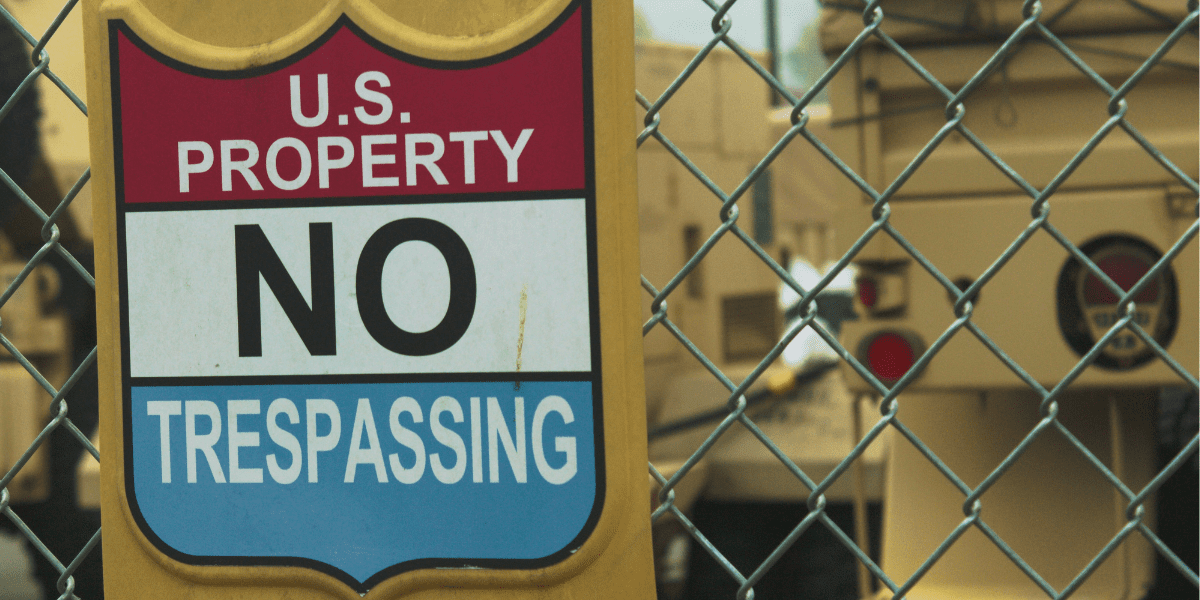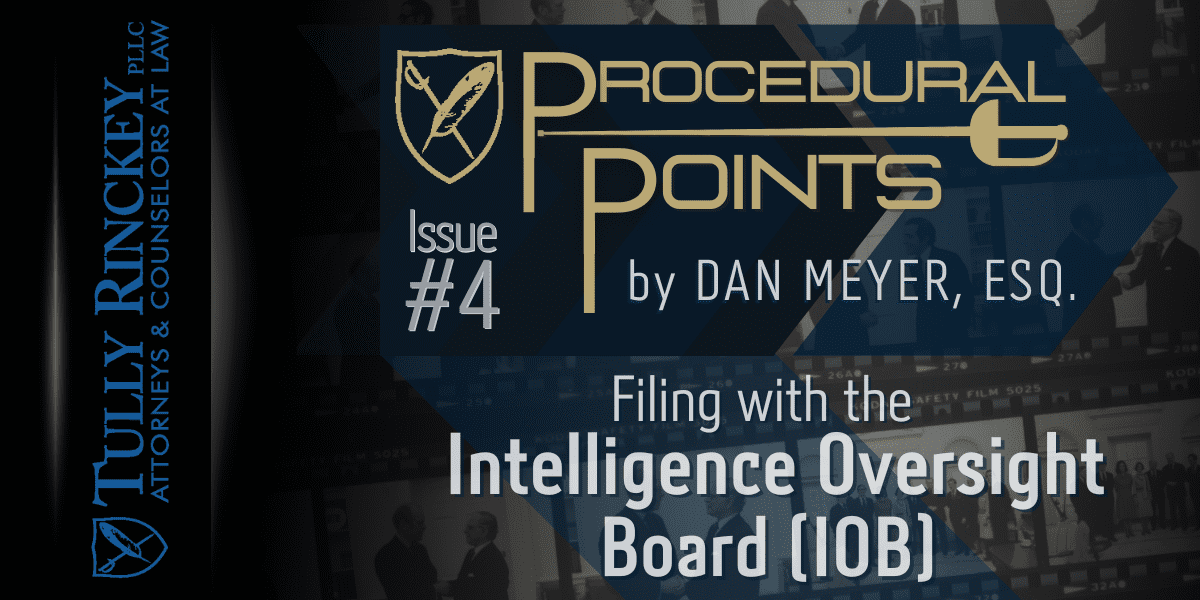As an independent contractor working at a federal agency, you are not a federal employee. But does that mean the government doesn’t share any responsibility to you as your employer?
Depending on your employee status and other specific factors, the government may be legally liable for its personnel actions against you—if they are discriminatory, harassing and/or retaliatory.
Let me share an example. Our firm once represented an expeditor (a tools and inventory specialist) at a Top Secret weapons facility. This plant stood on government property, but it was staffed with thousands of employees from a contracting company. In fact, almost every person on staff happened to be personnel contracted with a company that itself had been hired by the federal government to run the plant. Our client was subjected to persistent harassment at work, and no effective remedial action was taken.
So, the question is: “Who do you sue?” The contracting company? Or the government?
Ready to book your consultation? Click below to pay our consultation fee and book your meeting with an attorney today!
Understanding Joint Employer Liability with Government Contractors
A worker at a weapons facility was repeatedly harassed, and both the company and the Government looked the other way. In general, the Government should be equally responsible when unlawful harassment has occurred and the specific federal agency performed nothing more than a cursory investigation.
These kinds of joint liability issues have gone up to the Supreme Court before. Naturally, every case poses complex issues, but the following serves as a quick walk-through of the primary case law and how it pertains to joint employer liability.
In order to determine whether a complainant is a contractor or agency employee, the Equal Employment Opportunity Commission typically performs an analysis based on a set of factors identified in Ma v. Department of Health and Human Services (1998), simply called the Ma factors.
These Ma factors consider aspects of the job involving control and supervision such as:
- The extent of the employer’s right to control the means and manner of performance;
- The nature of the work and whether it is usually done under supervision or by a specialist without supervision;
- Whether the employer or the individual furnishes the equipment and place of work;
- The method of payment and duration of employment.
So, based on these Ma factors, who is liable to our client? The company? Or the Government agency?
Government Employee, Independent Contractor… or Both?
The answer need not be one or the other.
Sometimes, liability can be found jointly between the contracting company and the U.S. Government. In the 1947 case of Rutherford Food Corp. v. McComb, the Supreme Court held that an employee could be employed by both the subcontractor that directly employed him and by a slaughterhouse operator who supervised and controlled the daily work. Federal courts tend to consider the larger circumstances in which the work takes place.
What does that mean? You have to look at the whole situation.
Let’s go back to the case of our client: the expeditor at a Top Secret weapons facility. This entire plant was staffed by contractor personnel, and every link in the chain of command was a contractor. It was the contractor who signed their checks and processed their leave. Seems simple enough to say who the employer was, right?
Simple, that is, until you take a look at the whole situation. Our client performed their job with office equipment, supplies and workspace all provided by the Government. While numerous contracting outfits have come and gone over the years, the federal agency maintained its ownership over the very land on which the facility stood during that time. Even the tools our client inventoried were labeled “U.S. [Agency] GOV.”
Remember: this facility was above Top Secret. Many of the tools—even the bulldozers—were specially outfitted and considered classified. It wasn’t just the equipment that was held to heightened security standards. Those working there were expected to maintain high-level security clearance, standards of reliability, and physical and mental suitability—all set by . . . the Government.
So, who was our client really working for?
You can contact us 24 hours a day, 7 days a week via phone at 8885294543, by e-mail at info@tullylegal.com or by clicking the button below:
Agency Law: Why Employer Liability Can’t Always Be Reduced to the Name Signing Your Paycheck
The Supreme Court has provided guidance to determine whether a joint employer situation is at play: Agency law. Basically, it may not matter that an entity—the Government, in this case—is not the “employer” on paper. If they have a certain degree of control (or, “agency”) over the employees, they bear some level of responsibility for those employees. They can’t claim not to have responsibility in some (perhaps inconvenient) situations but have supreme control in others. In the case of our expeditor at the Top Secret weapons facility, the Government agency in question exerted a high level of control over the facility, the equipment—and, of course, the employees.
Employees were expected to maintain the highest level of secrecy and care, all while following the extensive rules and regulations set directly by the Government. There can be no question that, on this job, the duty of loyalty to the U.S. Government would override any other—including loyalty to the contracting outfit: the supposed “real employer.”
This facility housed US weapons. Of course, auditors and inspectors were regularly seen on location: the Government had essentially asserted its control over the entire plant. And when the Government has asserted that much control over facility operations, they should not be able to relinquish control when it comes to having a good, orderly workplace.
That is why the Government was liable for failing to address the persistent harassment faced by our client at that very workplace.
Sometimes, being a government contractor can be put this way: you are a contractor who also works for the U.S. Government. When you are considering your situation, please keep in mind that there are unique factors involved. As such, these questions are often determined on a case-by-case basis.
Federal employment is subject to laws and regulations that differ significantly from those in the private sector; consulting with a federal employment lawyer can make all the difference. Tully Rinckey’s team of dedicated federal employment attorneys is available to assist you today. Please call 8885294543 to schedule a consultation, or schedule a consultation online.
Jonathan Bolls is an Associate with Tully Rinckey’s Washington, DC office, focusing on employment law. His practice centers on various employment disputes including security clearance issues, discrimination claims, whistleblower claims, and First Amendment and other constitutional claims.






